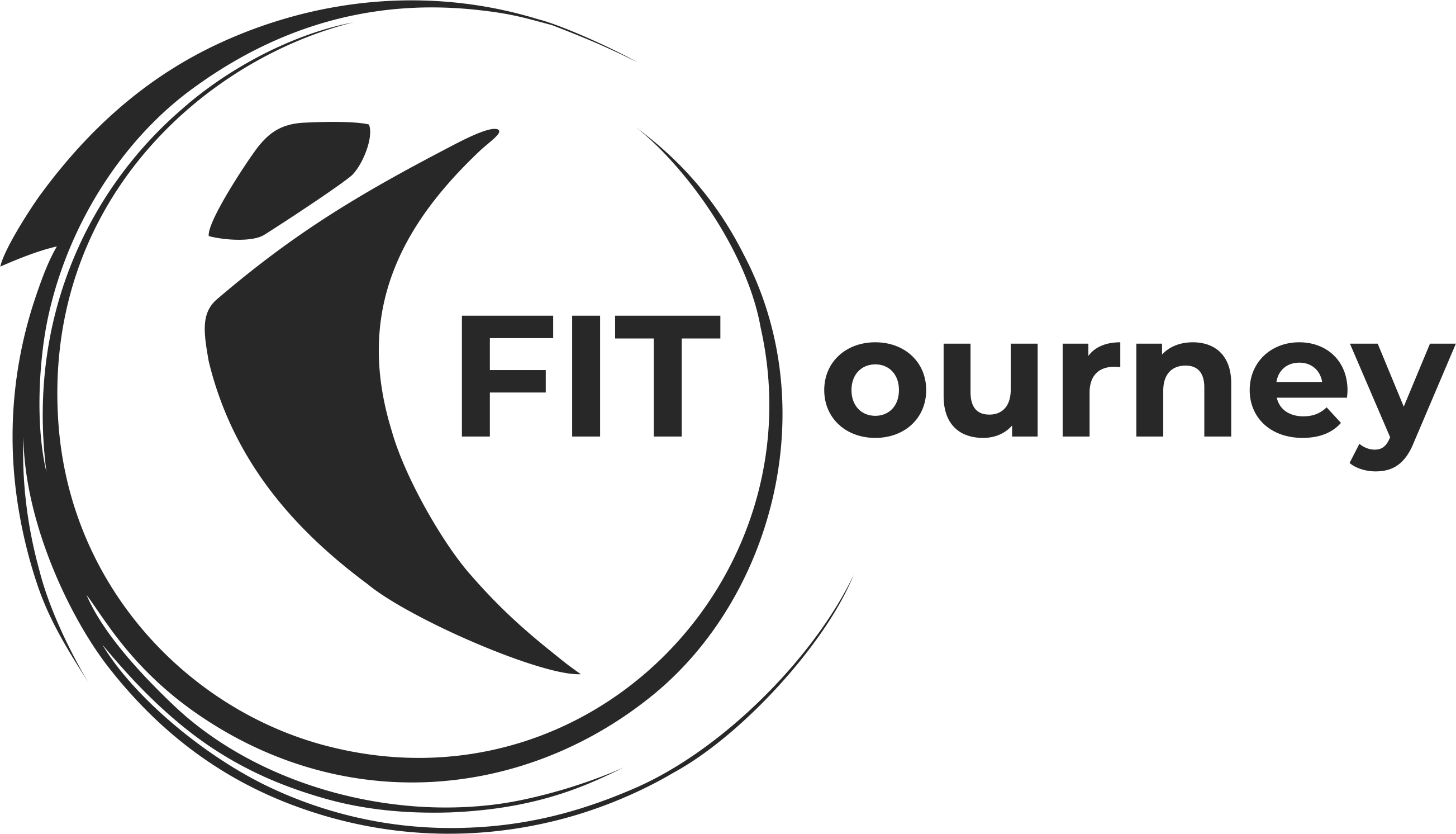"Those who have no time for healthy eating will sooner or later have to find the time for illness." – Edward Stanley
The key to a healthy lifestyle is to eat healthy foods with the proper nutrients that our body needs. Eating habits play a big role in how we shape our body, how we perform throughout the day, how much we prepare to fight sickness etc. Eating healthy and nutritive food is important to get a healthier life.
Consuming more calories than needed results in weight gain as the surplus calories get stored as fat. Conversely, eating less will lead to weight loss.
It's essential to maintain a varied diet, ensuring the body receives a balanced intake of nutrients.
It is recommended that a man should consume 2500 calories in a day, while a woman should consume 2000 calories a day.
Here are seven beneficial eating habits that can pave the way to a healthier lifestyle:
Plan your meals: Planning meals in advance is the smartest way to track how many calories you are eating. Tracking calories is necessary for a healthy life as excess calories put on extra weight and make you overweight. It also helps you to track macros and micros.
Never skip your breakfast: Breakfast is the most important meal of the day. Your body is in fasting mode while you sleep and it needs instant energy just upon waking up. Hence you should include healthy and highly nutritive foods in breakfast. A healthy breakfast gives a healthy start to the day.
Eat lots of fruits and veggies: These natural foods are energy powerhouses. Fruits, being rich in complex carbohydrates, keep you energised throughout the day. Meanwhile, vegetables, which are high in fibre and low in calories, support weight management.
Skip drinks with added sugar: Excessive sugar intake is detrimental to health. Many seemingly healthy beverages contain added sugars. As reported by The European Journal of Paediatric Dentistry, excessive sugar consumption is linked to obesity, cardiovascular diseases, type 2 diabetes, non-alcoholic fatty liver disease, and metabolic syndrome.
The Dietary Guidelines For Americans recommends that people limit their added sugar intake to less than 10% of their total calories. For a 2,000-calorie diet, that means around 12 teaspoons of the sweet stuff.
Swapping out beverages with added sugar with normal water, pure fruit juice, sugarless coffee or tea.
Get enough protein: Protein, a critical macronutrient, plays pivotal roles in our body, including muscle and bone repair, hormone and enzyme production, metabolism enhancement, and immune system support. Incorporate ample protein from sources like eggs, chicken, fish, and dairy.
Limit your salt intake: Eating too much salt causes hypertension. People with hypertension are more likely to develop heart disease. Even if you do not add salt to your food, you may still be eating too much. It is recommended that adults or children aged 11 or more should not consume more than 6 gm of salt in a day.
Treat Yourself Occasionally: While consistency in healthy eating is key, it's essential not to completely deny oneself of cherished foods. Allowing a treat meal once a week can prevent feelings of deprivation and potential overindulgence later on.




